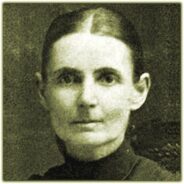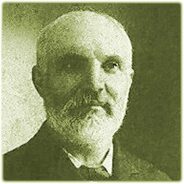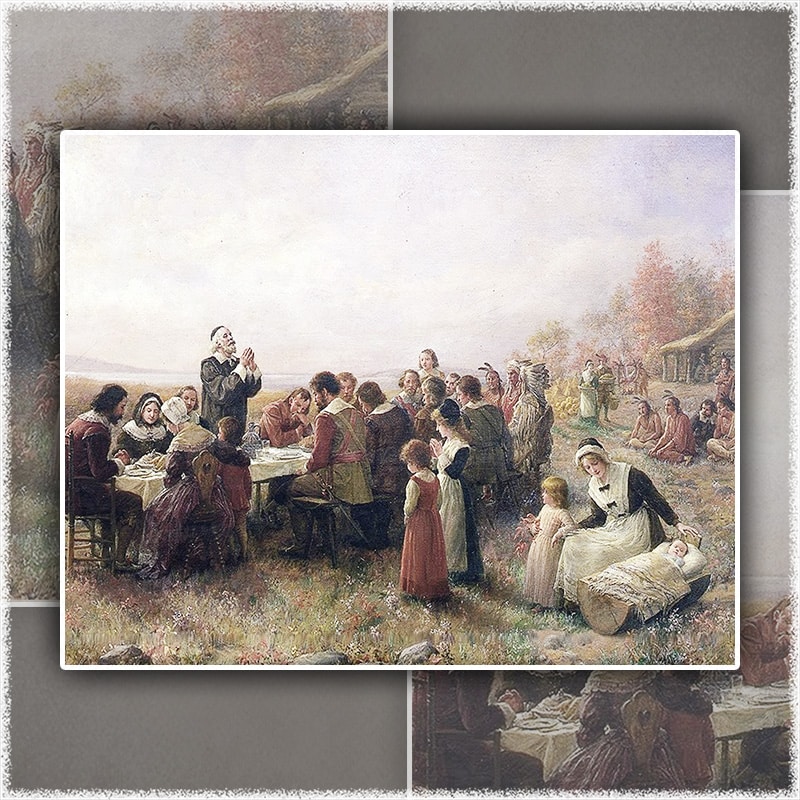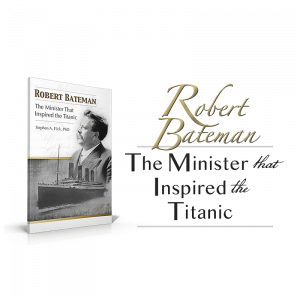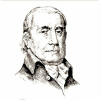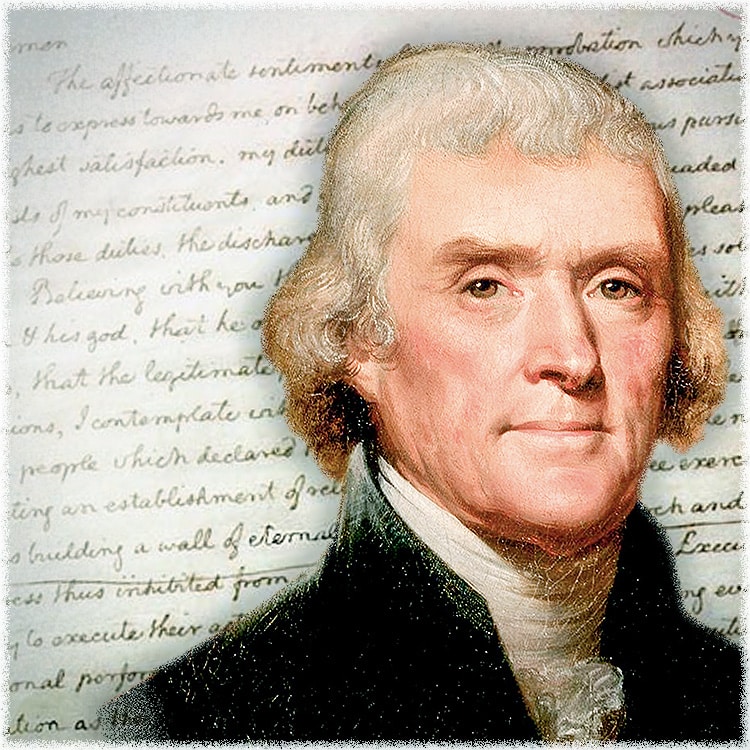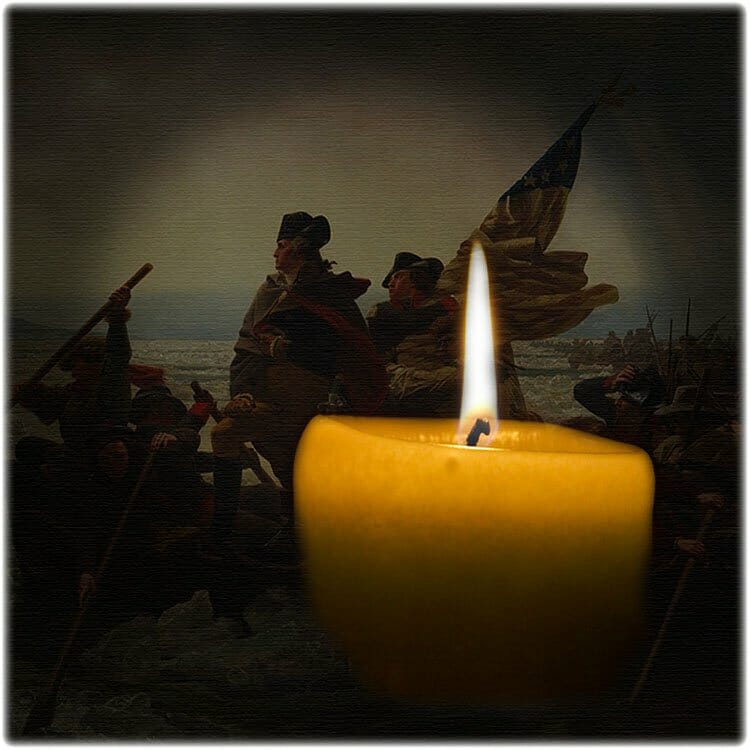Hymn Story by George Beverly Shea
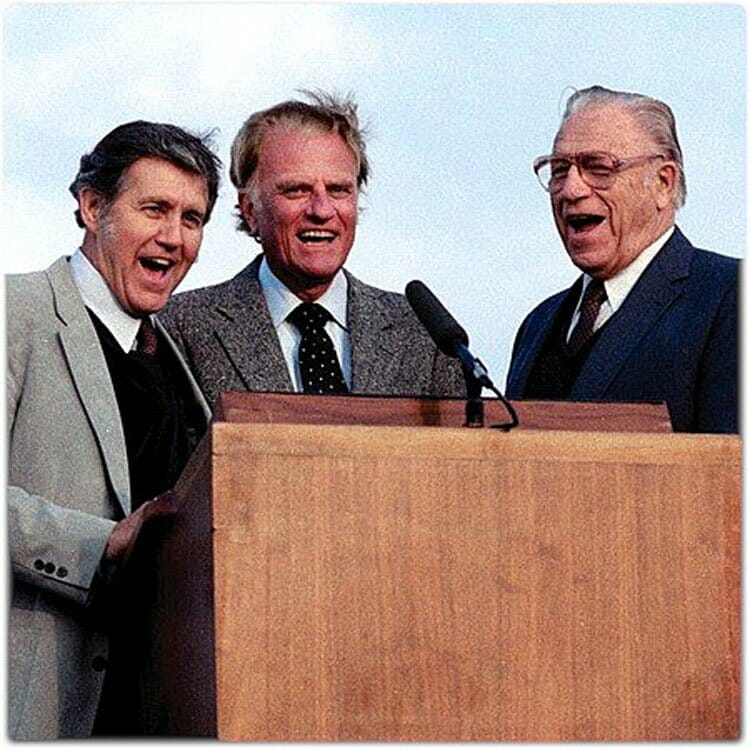
Though known to millions, George Beverly Shea (February 1, 1909 – April 16, 2013) never forgot, nor was ashamed of his humble Christian upbringing. Years ago, our family began to observe the practice of reading a history of a hymn for family devotions. It was our custom to select a hymn story on Saturday evening, in part to prepare our hearts for the Lord's Day. It was my desire to acquaint our children with the glorious heritage of the Christianity that began with the ancient Church and has continued for more than 2,000 years. The songs and hymns of the Church are a tapestry and testimony of the riches of our Christian heritage. Tragically, many in the Church today have cut themselves off from two millennium of spiritual ancestry by only singing contemporary songs.
One of the books of hymn history that our family read was Crusader Hymns and Hymn Stories. It was a collection of stories compiled by Billy Graham and the musicians that accompanied his crusades. George Beverly Shea, well-known vocalist of the Billy Graham crusades, wrote one of my favorites. The story was titled, All My Life Long, taken from the song that bore this name, sometimes also known as Satisfied. Two days ago, April 16, 2013, George Beverly Shea passed into eternity at the age of 104 after years of faithful ministry in evangelism. He leaves behind a rich legacy and one that, today, is seldom understood. Though much more could be accurately construed from the elements of the story below, it is sufficient to note that the place and people discussed here have contributed significantly to the spiritual heritage of their tradition and to the Christian heritage of America.
George Beverly Shea Remembers
When I was a boy of eight our family moved from Winchester, Ontario to Houghton, New York. My father had been a pastor in Winchester for twenty years and was now beginning a brief period of ministry in evangelism and church pioneering.
Walking together in Houghton one day, Dad pointed out a tall, elderly lady moving slowly along the sidewalk. He told me that she was Mrs. Clara Tear Williams, a much loved and respected hymn writer — author of one of his favorite Christian songs, “Satisfied.” From that time on, Mrs. Williams’ appearance always reminded me of the classic painting of Whistler’s mother. She had a regal and dignified bearing and yet she had the kindness and gentleness of Christ in her face. When I came to know her and often spoke with her, I enjoyed the soft, musical tones of her voice. Through her sweetness and graciousness to everyone, she became another wonderful proof to me of the reality of the Christian walk. Hers was a beautiful life exhibited not only to the whole community, but expressed also in the pages of hymnody.
Some time afterward I memorized this hymn. It became one of my first solos as I began to sing publicly in my late teens. At that time my father had a pastorate in Ottawa, Canada. Since then I have always loved to sing it because “All My Life Long” expresses the conviction of everyone who has found satisfaction in Jesus Christ. Like my family, Mrs. Williams was a Wesleyan Methodist. The composer of the hymn’s melody, Ralph E. Hudson, was associated with the older Methodist Episcopal Church. After serving as a male nurse during the Civil War, he became a music teacher and publisher in Ohio. He was often engaged as an evangelistic singer, and wrote many gospel hymn tunes.
Clara Williams’ hymn is as modern as the concerns of mankind. Psychologists today refer to a person’s fundamental needs a need for security, a need to be loved, and a need to find identity. In this hymn these inner longings are represented by metaphors of hunger, thirst and a desire for material riches. Many men and women pursue these elemental physical wants, thinking that they will meet their deeper needs. But, of course, they never do.
Others expect that happiness will result from gratifying the desires of the mind and the ego. A thirst for knowledge and a hunger for power characterize many men, accompanied by a desire for status and recognition. But these ambitions, too, finally become futile; as the hymn says, they are only “dust which we gather around us.”
King Solomon exemplified a person who relentlessly pursued satisfaction in many areas. As a young man, he enjoyed everything that could please the body: rich foods, exotic wines, and other sensual pleasures.
When he became king of Israel, Solomon experienced great power and glory. He was a connoisseur of the arts and built one of the world’s most beautiful temples. He displayed great wisdom in his judgments and even practiced religion — but without true faith in God.
At the end of life, Solomon looked back over his long and fruitless quest for happiness, and exclaimed, “Vanity, vanity, all is vanity!” The final stanza of our ‘hymn says that Jesus Christ alone can meet the deepest longings of men. He becomes to us a “well of water," the “bread of 1ife,” and “untold wealth that never faileth.” Recall these words spoken by Jesus himself:
“If any man thirst, let him come unto me, and drink" (John 7 :37).
“I am the bread of life: he that cometh to me shall never hunger; and he that believeth on me shall never thirst” (John 6:35).
“Seek ye first the kingdom of God, and his righteousness; and all these things shall be added unto you" (Matt. 6:33).
The truth is, no man can ever find true happiness apart from Jesus Christ. As St. Augustine said in his prayer, long ago, “Thou hast created us for Thyself, and our heart cannot be quieted till it find repose in Thee.”
Clara Tear Williams' Hymn
Satisfied
All my life long I had panted
For a drink from some cool spring
That I hoped would quench the burning
Of the thirst I felt within.
Feeding on the husks around me
Till my strength was almost gone,
Longed my soul for something better,
Only still to hunger on.
Poor I was, and sought for riches,
Something that would satisfy;
But the dust I gathered round me
Only mocked my soul’s sad cry.
Well of water, ever springing,
Bread of life, so rich and free,
Untold wealth that never faileth,
My Redeemer is to me.
Refrain:
Hallelujah! I have found Him —
Whom my soul so long has craved!
Jesus satisfies my longings;
Thro’ His blood I now am saved.
Clara Tear Williams (1858-1937)[1]
America deserves to know its true heritage.
Please contribute today!
Related Articles
[1] Cliff Barrows, ed. Crusader Hymns and Hymn Stories (Minneapolis: The Billy Graham Evangelistic Association, 1966), 75-77.

